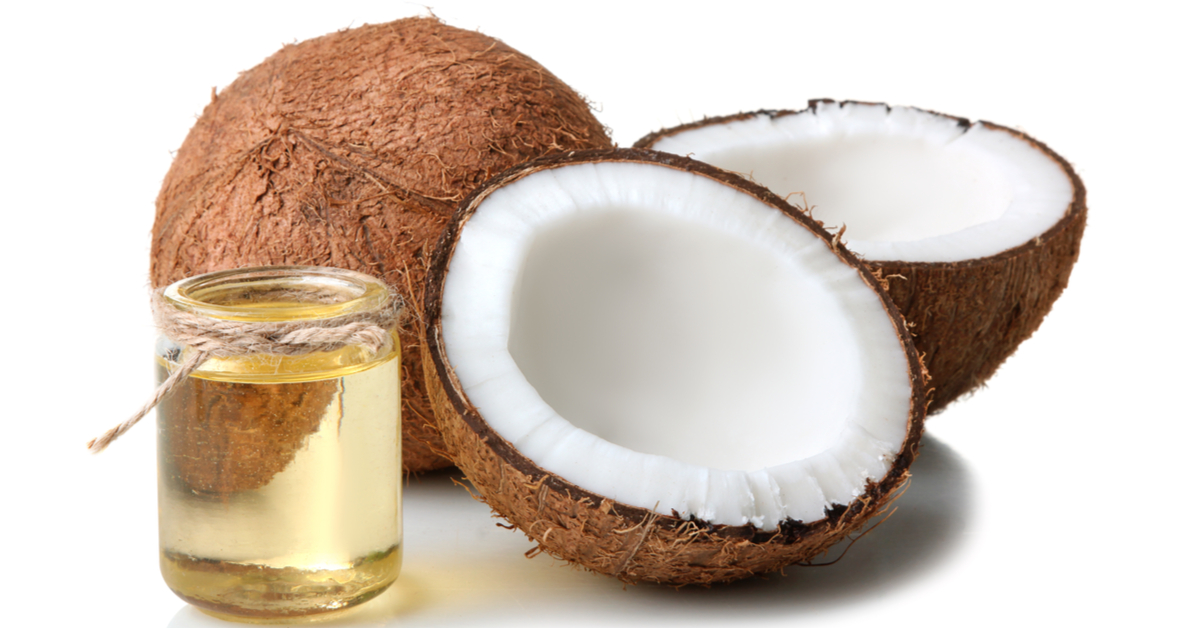There are many different types of medications that are available to help you reduce high levels of cholesterol.
The most common type of cholesterol medication is called a statin. Statins are a type of drugs that work to lower levels of low-density lipoprotein (LDL) in the body. These types of medications are available in the form of pills or capsules.
Side effects that may occur while taking statins include high blood sugar or muscle pain. It is important to talk to your doctor to discuss which statin will work best for you and your condition. Make sure to also discuss your current medications and if they may interact with the statin.
Although statins are the most common medication for the management of cholesterol, there are several alternatives.
Niacin, which is a type of Vitamin B-12, will also help to reduce levels of LDL in the body. Side effects of this type of medication may include headaches, itching, and tingling.
Bile acid resins can help to lower high levels of cholesterol by binding to the bile produced by your liver, preventing it from being absorbed by your blood. This eventually lowers the amount of cholesterol you have in your body. Side effects of bile acid resins include stomach pain, constipation, and muscle pain.
A newer type of drug is also available in the form of an injection take every two weeks or every four weeks. PCSK9 inhibitors work by blocking the PCSK9 protein from being made, which allows the body to lower levels of LDL cholesterol.
Side effects of PCSK9 inhibitors include cold and flu-like symptoms and pain, redness or bruising at the injection site.
It is important to remember with all the aforementioned treatments, that you should consult with your doctor or a professional healthcare provider about the possible side effects and whether treatment is right for you.
A balanced diet and an active lifestyle can only improve cholesterol levels when combined with cholesterol-lowering medications.
Featured Image: DepositPhotos/londondeposit



